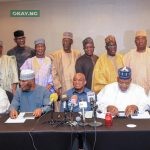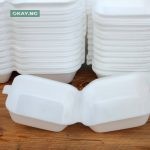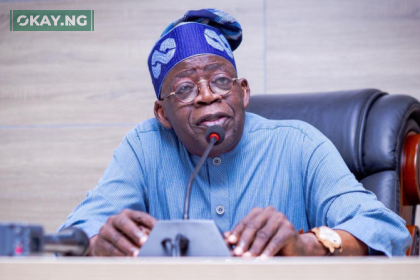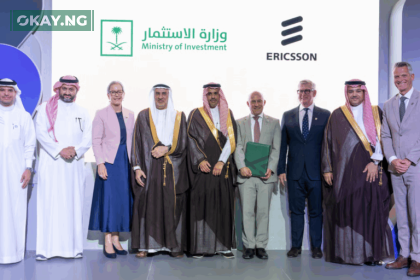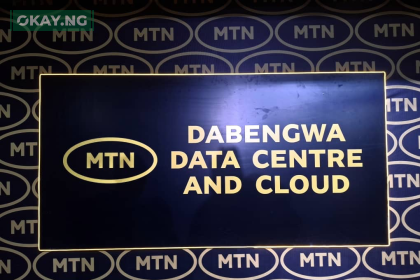President Muhammadu Buhari has approved licenses to 65 Nigerian private firms to construct modular refineries in the country.
The companies were selected from about 285 applications that were screened for the purpose.
Modular refineries are mini-refineries with capacities ranging from 1,000 to 10,000 barrels per day, bpd, which can be assembled and separated easily for enhanced performance and efficiency.
The decision to award Licence to Establish, LTE, which was taken within 10 days of his assuming office in June, is reportedly connected with the desire to see the increase in domestic refining capacity to meet local demand, thereby reducing huge import bills for subsidy.
Although the Department of Petroleum Resources, DPR, the industry regulator, feigned ignorance of the development, a beneficiary companies confirmed that the measure is also meant to cushion the impact of crashing oil prices at the international market.
The shock is not only in the period the approvals were given, but also in the numbers granted considering the fact that 18 LTEs were granted in 2002, but only one of them had come on stream with just 1,000 barrels per day, bpd, capacity.
The refinery is operated by Niger Delta Petroleum Resources, NDPR, which produces only automotive gas oil, AGO, popularly called diesel.






